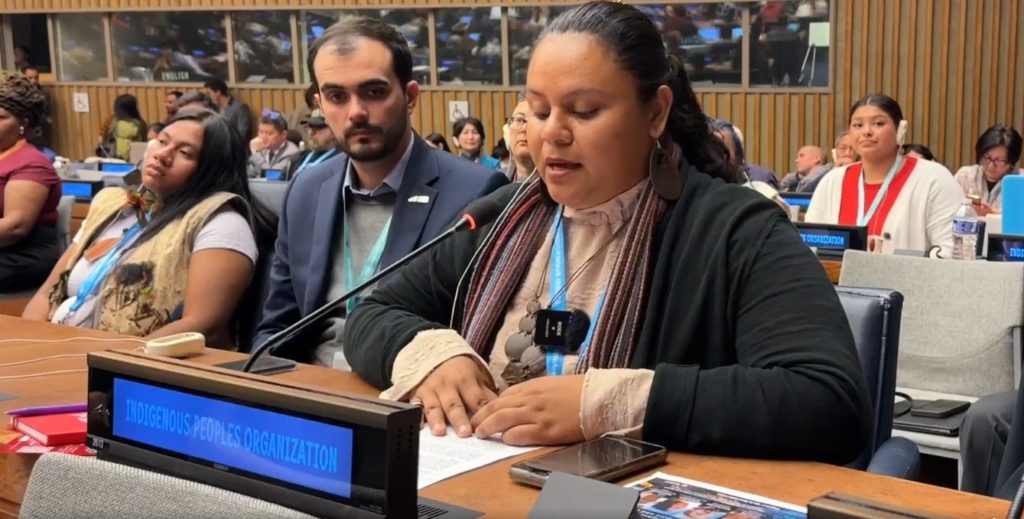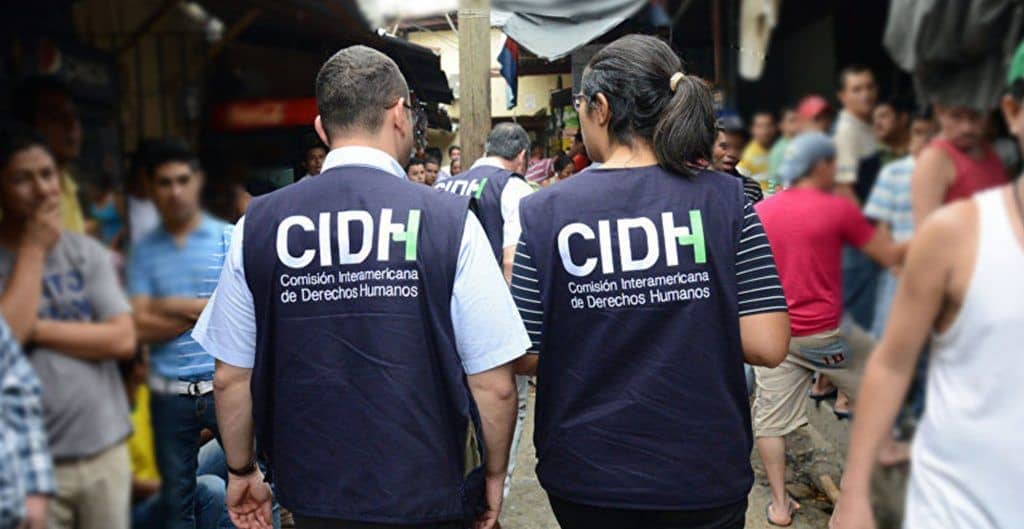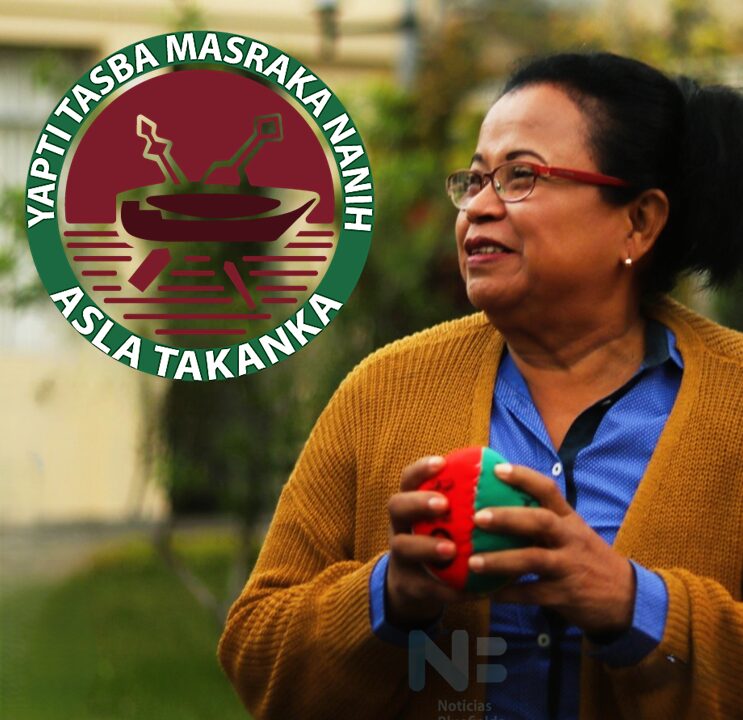Nearly two years imprisoned in the dictatorship’s dungeons
From a cell in the women’s prison “La Esperanza,” Miskito Indigenous leader Nancy Elizabeth Henríquez James has been internationally recognized for her peaceful struggle in defense of human rights.
Henríquez marks 600 days of imprisonment under degrading and high-risk conditions, as denounced by international bodies such as the Committee on the Elimination of Discrimination against Women (CEDAW).
Henríquez has been awarded the 2025 Graciela Fernández Meijide Human Rights Defense Award, granted by the Center for the Opening and Development of Latin America (CADAL). This award honors individuals imprisoned for political reasons whose peaceful advocacy remains hidden by authoritarian regimes in Latin America.

The Nicaraguan activist was arrested on October 1, 2023, and sentenced to eight years in prison during a trial held inside the Women’s Integral Penitentiary Facility (EPIM), known as “La Esperanza,” without legal representation or due process.
According to CEDAW, prison conditions in Nicaragua are especially alarming for women, marked by overcrowding, inadequate infrastructure, lack of access to clean water, hygiene products, and adequate healthcare affecting both the women and their children.
The award jury, composed of human rights advocates, emphasized that the nominees are imprisoned solely for peacefully defending democratic principles. “All nominations come from citizens in countries with closed civic spaces, where fear and repression dominate,” the jury stated.
Nancy Henríquez is the founder of the Association of Indigenous Women of the Caribbean Coast (AMICA), the first organization in Nicaragua dedicated to defending the rights of Miskito women. In 1994, she made history by becoming the first woman mayor of Puerto Cabezas (Bilwi), representing the Indigenous Yatama party.
Her case symbolizes the double vulnerability faced by many detained women: being targeted both for their gender and for exercising their right to speak out and organize.

LEER TAMBIEN Detención de lideres indígenas, una estocada a la autonomía de la Costa Caribe



